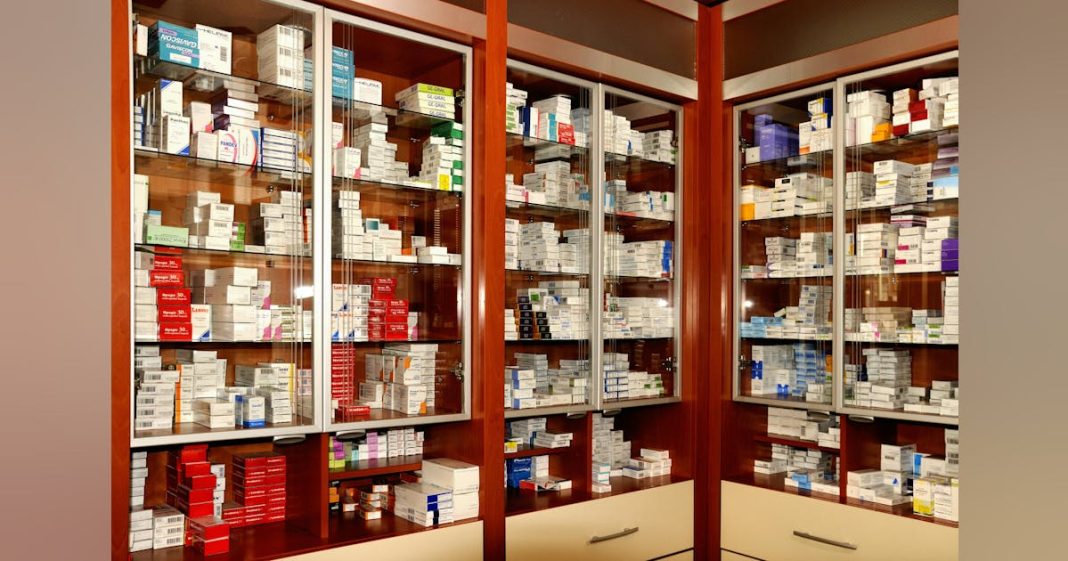In an April 2 press release, the U.S. Department of Health and Human Services (HHS) announced the release of a white paper titled Policy Considerations to Prevent Drug Shortages and Mitigate Supply Chain Vulnerabilities in the United States. The paper outlines steps HHS has taken to prevent drug shortages. Additionally, the paper highlights solutions for policymakers.
“Hospitals can spend at least $600 million per year managing shortages,” the white paper reads. Shortages of life-saving drugs are a concern for patient care, health, and safety. According to HHS, there has been a shortage of 123 drugs as of January.
A new coordinator role has been established to help HHS implement strategies to enhance supply chain resilience. The HHS also proposes a Hospital Resilient Supply Program (HRSP). According to the white paper, “The HRSP would establish financial incentives and/or penalties for hospitals based on a combination of meeting certain requirements and performance on a hospital scorecard.”
HHS writes that a Manufacturing Resilience Assessment Program (MRAP) could measure manufacturers’ resilience and bring transparency to the prescription drug supplier base, further addressing supply chain issues.
“All across our Department, we are working to ensure that millions of Americans will have access to medication, treatment, and services that save lives and improve health outcomes. That’s why advancing and implementing solutions to the nation’s drug shortages are so important, and why we want members of Congress and all actors in the supply chain to consider and act on the policy options presented in today’s white paper,” said HHS Secretary Xavier Becerra in a statement.







